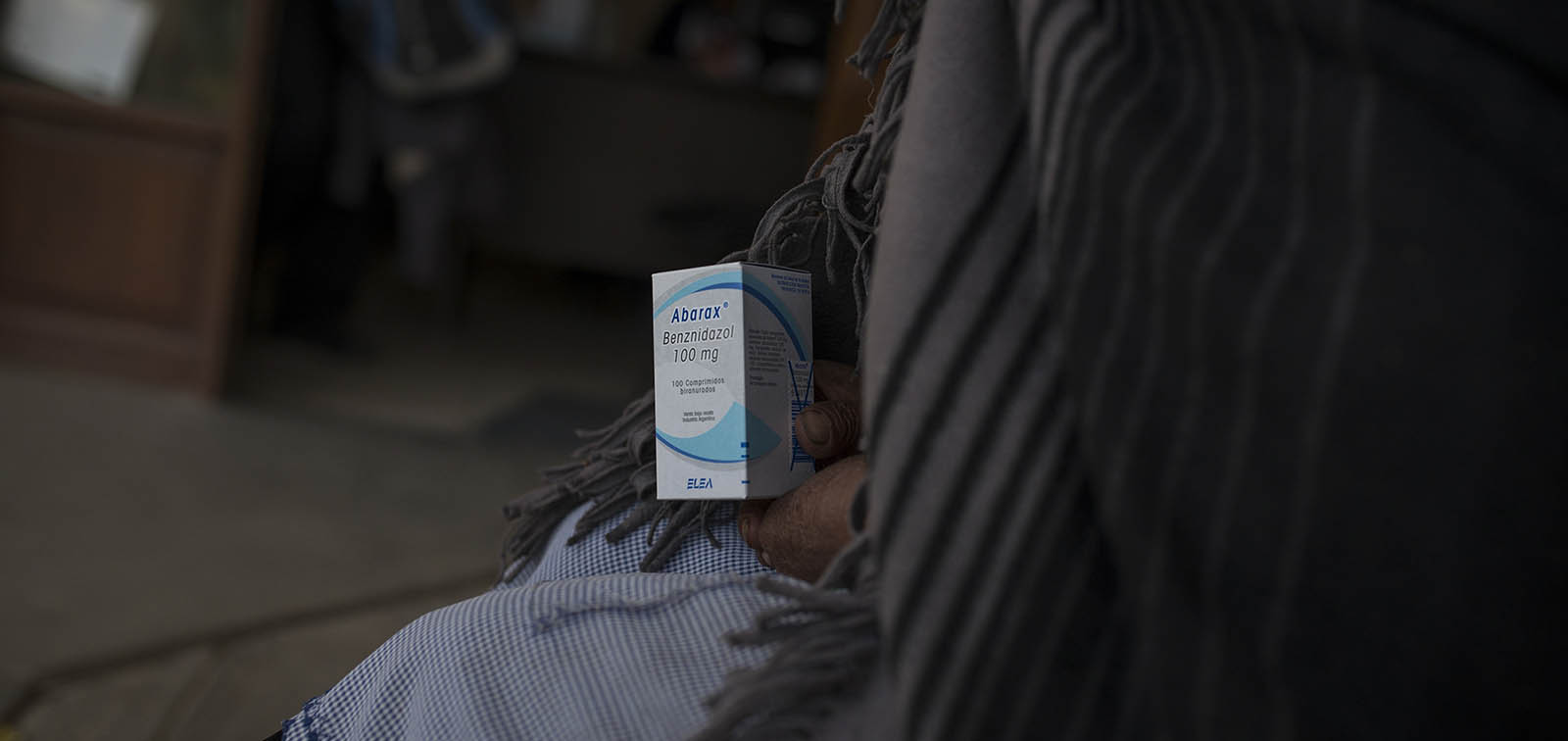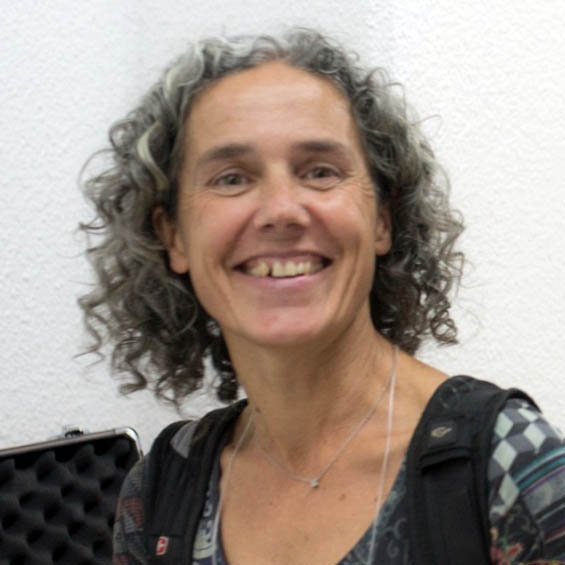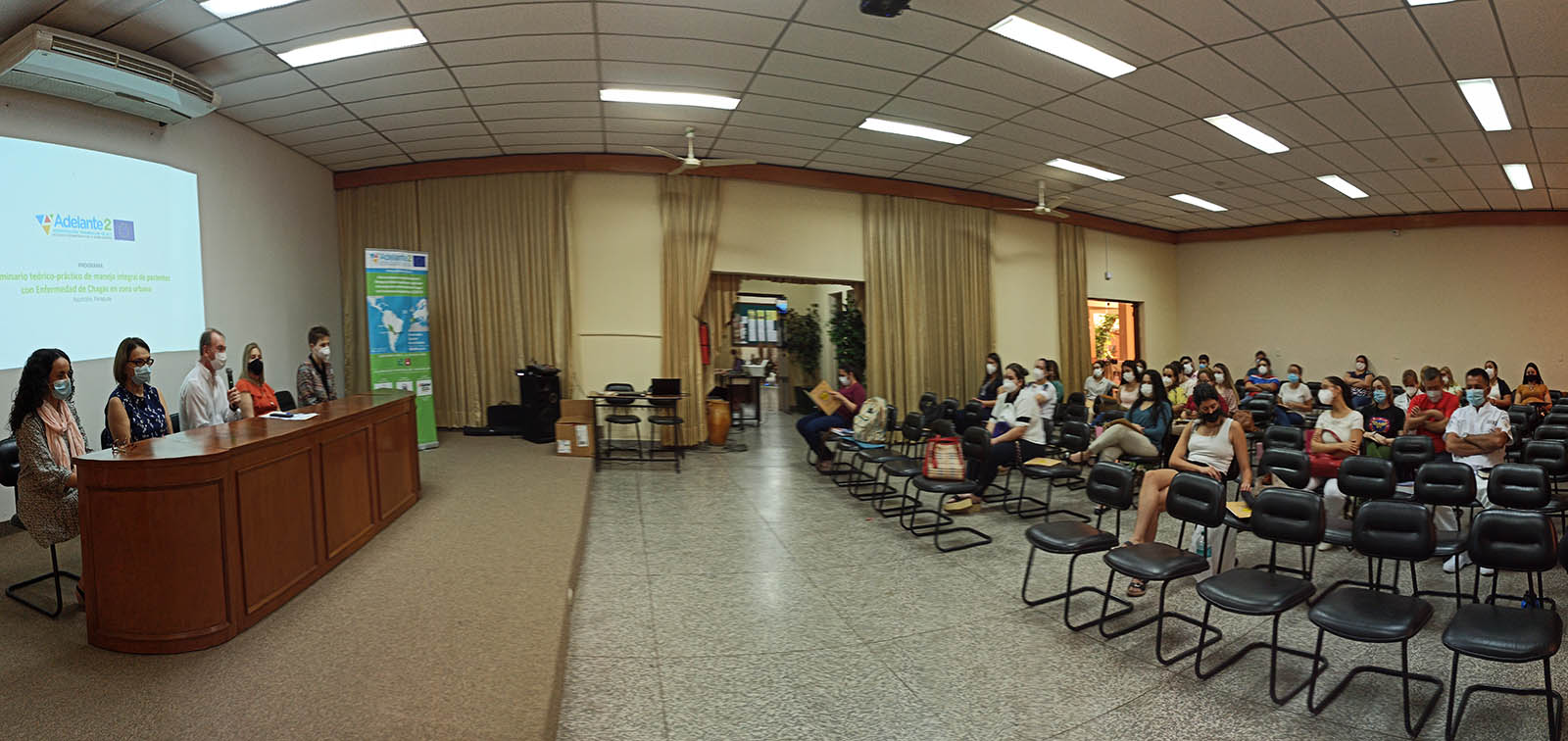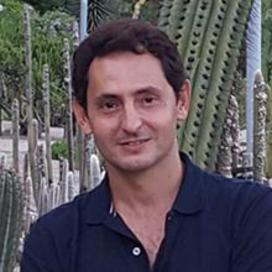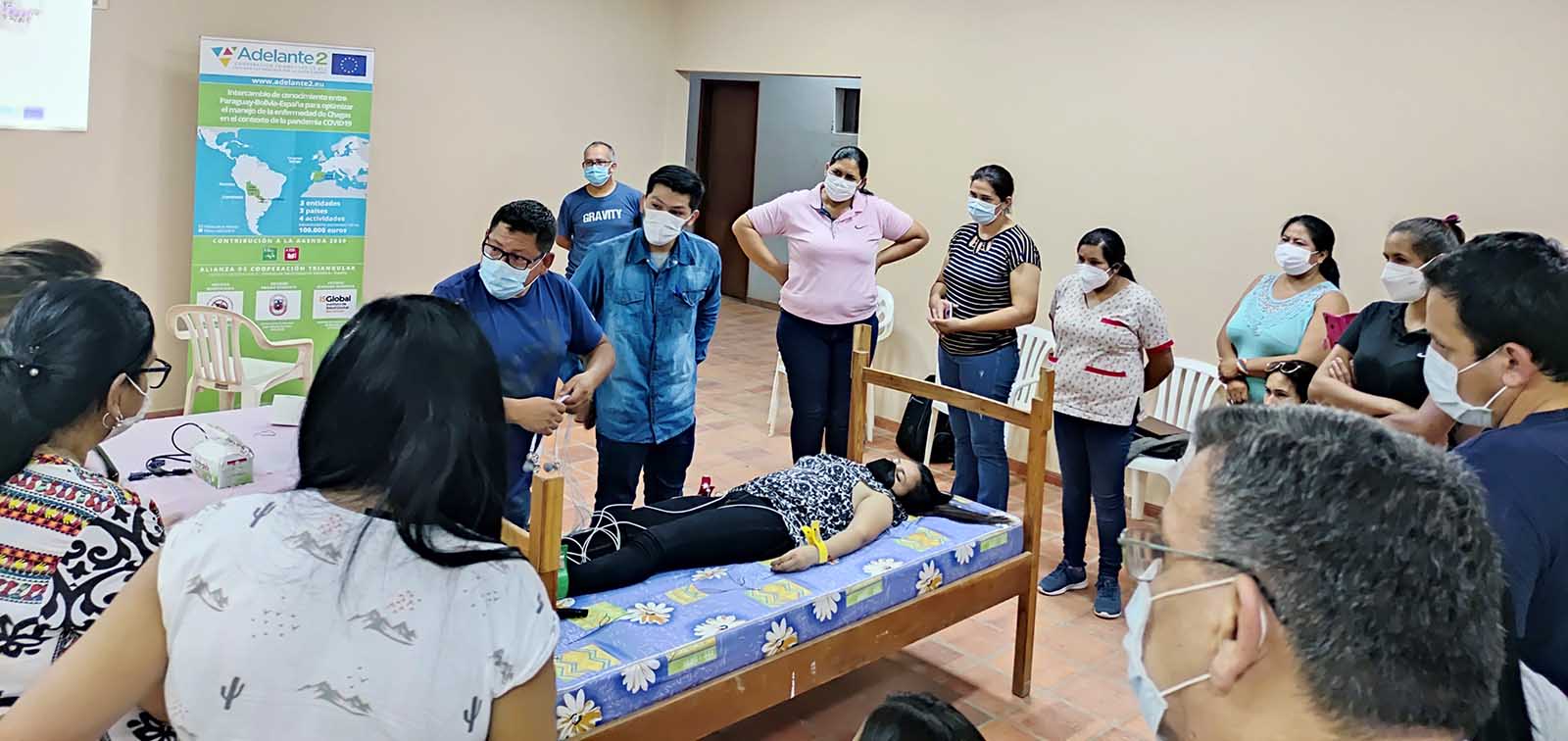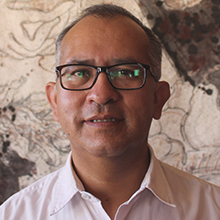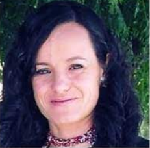Since the 14th of April 1909, the day on which Chagas disease was first diagnosed in a child living in Brazil, this parasitic infection has been described as a silent and invisible disease. The available data and disease registers do not accurately reflect the real global dimension of the problem caused by Chagas disease over time. Today, ISGlobal, a founding member of the Global Chagas Disease Coalition, is taking advantage of World Chagas Disease Day to support the call for more precise data from patient associations, who are asking “where and how many are we?”
Current estimates are that between 6 and 7 million people are infected with the Trypanosoma cruzi parasite, over 70 million are at risk of infection, and that the disease is responsible for more than 12,000 deaths every year. Most of those affected live in areas where the disease is endemic located in 21 countries in Latin America, but estimated case figures are also high in countries with close links to endemic areas that receive migratory flows, such as the United States of America and Spain. Cases of Chagas disease have been diagnosed in people living in 44 countries throughout the Americas, Europe, Africa, Asia and Oceania.
The International Federation of Associations of People Affected by Chagas Disease (FINDECHAGAS) has highlighted the urgent need for more accurate data on the number of people affected. In their view, this information is crucial for a number of reasons: to respect the rights of people with Chagas disease, to manage the disease appropriately and to prevent transmission of the parasite by any of the potential routes (insect vector, mother-to-child, oral ingestion and transmission by blood tranfusion or donated organs).
“We know how difficult it is for health systems to manage a neglected disease with multiple routes of transmission and we understand that the problem has become even more complex due to the COVID-19 pandemic that has hit our communities and health services hard,” explains the FINDECHAGAS spokesperson. “However, we are now also aware, more than ever, that global health issues can only be managed successfully by an approach involving multiple sectors based on the best possible information and with close coordination between regions and countries and real commitment on the part of the authorities in each country.” The Federation goes on to make the point that while effective diagnostic methods and treatment options for Chagas disease are now available, access to treatment needs to be expanded through the diagnosis of affected individuals and further development of new tools.
FINDECHAGAS believes that improved case registration in every country will facilitate more effective monitoring and control of the disease and ensure that those affected receive the comprehensive care they deserve. The patient associations also believe that the effectiveness of tools and programmes for the control of Chagas disease depends on health professionals being adequately trained and having the minimum conditions they need to effectively carry out the activities that will prevent transmission. They also need to be in a position to identify the infection promptly, both clinically and by laboratory testing, and to make an accurate diagnosis that rules out confusion with other diseases. Early diagnosis is essential if those affected are to receive the timely and quality care they need.
In view of the above, the patient associations are calling for “greater commitment and more action on the part of health authorities in terms of case reporting and epidemiological surveillance to improve care based on the real health needs of affected populations”. If this does not happen, they believe that Chagas will continue to be a “neglected” disease and that the cycle of silence and invisibility will not be broken.



